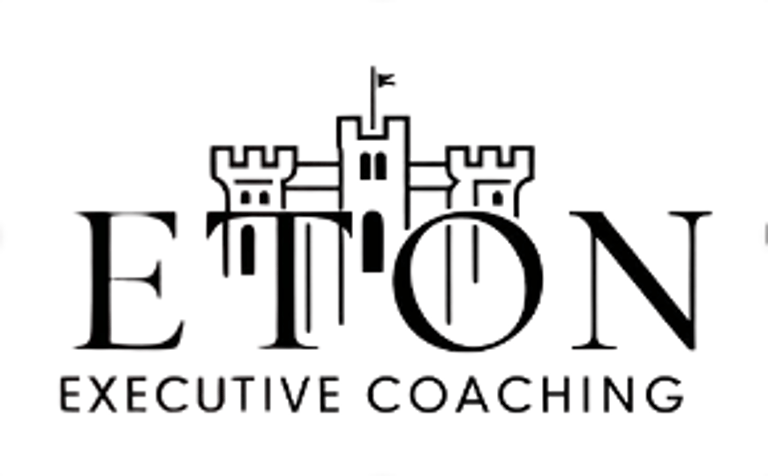Striking the Right Balance at Work
The Role of Executive Coaching
2 min read


Striking the Right Balance at Work: The Role of Executive Coaching
In today’s fast-paced professional world, executives face a constant juggling act—balancing strategic decision-making, people leadership, and personal well-being. With increasing demands and expectations, the ability to maintain equilibrium becomes crucial. This is where executive coaching plays a transformative role, helping leaders recalibrate, refine their approach, and ultimately strike the right balance in their work and life.
Why Balance Matters
Leadership comes with immense responsibility. Whether steering a company through change, managing high-performing teams, or ensuring long-term sustainability, executives must remain composed and clear-headed. However, without the right mechanisms in place, the pressures of leadership can lead to burnout, decision fatigue, and disengagement.
Striking the right balance ensures:
Sustainable Performance – Overworking can lead to diminishing returns. Executives who prioritise balance make better decisions, nurture creativity, and sustain their productivity over time.
Effective Leadership – Leaders set the tone for their teams. A leader who is overwhelmed and reactive impacts organisational culture negatively, while a balanced leader fosters collaboration, vision, and resilience.
Personal Well-being – Professional success should not come at the expense of personal happiness. Striking the right balance enables executives to lead fulfilling lives inside and outside work.
How Executive Coaching Supports Balance
Executive coaching provides a structured yet adaptable approach to achieving balance, tailoring strategies to the individual’s leadership style, organisational context, and personal goals. Through coaching, executives gain:
1. Clarity on Priorities
Executives often feel pulled in multiple directions. Coaching helps them distil their priorities, ensuring they focus on the activities that generate the most impact while minimising distractions.
2. Stronger Self-Awareness
Through reflective exercises and systemic coaching methods, leaders develop a heightened awareness of their own behaviours, stress triggers, and decision-making patterns. This enables them to manage energy levels and remain intentional about their choices.
3. Effective Delegation Strategies
No leader can do everything alone. Coaching helps executives refine their delegation skills, empowering their teams while freeing up space to focus on high-value strategic initiatives.
4. Improved Resilience and Well-being
A coaching-led approach to leadership encourages mindfulness and self-care strategies, ensuring that leaders maintain their emotional, mental, and physical well-being. This prevents burnout and supports long-term success.
5. Adaptability in a Changing Environment
Balance is not static; it evolves with changing circumstances. Executive coaching equips leaders with the agility to navigate shifting priorities, ensuring they remain steady even in uncertain times.
Creating a Culture of Balanced Leadership
Organisations that invest in executive coaching don’t just develop stronger leaders—they cultivate a workplace culture that values balance and sustainability. When senior leaders prioritise their well-being and demonstrate effective boundary-setting, this cascades down, fostering a healthier, more engaged workforce.
Ultimately, striking the right balance isn’t about working less—it’s about working smarter, leading with intention, and sustaining performance without compromising personal fulfilment. Executive coaching serves as the bridge between ambition and sustainability, ensuring that leaders not only succeed but thrive in their roles.
Are you ready to embrace balance in your leadership journey?
If you would like to explore having an Executive Coach, who has over a decade as Vice-Chancellor and CEO, the first step is to book a call to find out more.
Please go to the booking page https://calendly.com/etonexec/30-minutes-initial-call
